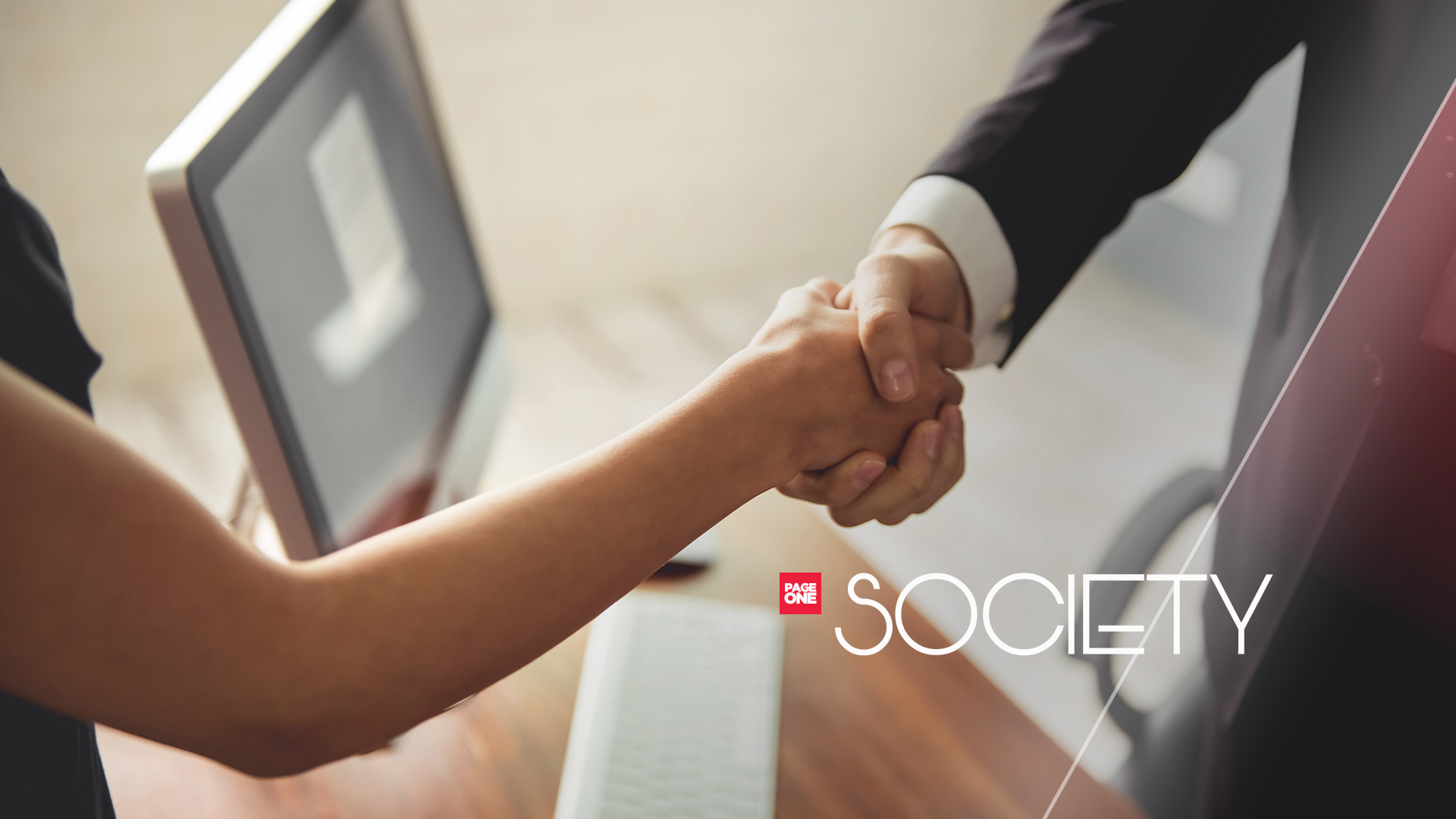Body language is a form of communication wherein people don’t have to speak to deliver their ideas, messages, and emotions.
Our body, facial expressions, and actions already communicate tons of things that can be interpreted in different ways, which is why body language is considered 90% of how we are perceived.
Given this, interviewers always pay attention to body language, as this immediately reveals if you are a confident, positive, and capable person worth hiring.
Taking note of this, here are some body language tips that you can practice for your upcoming job interview.
1. Be mindful of your facial expression

As soon as you enter the interview room, be mindful of how you will initially create a good impression through your facial expression. Keep your facial muscles relaxed and reduce the intensity that you are feeling.
Frowning, pursing or biting your lips, and wrinkling your forehead can make you seem too nervous and unprepared for the interview, so avoid them as much as possible.
Instead, show a genuine, friendly smile because it will make you appear more likable, positive, and bright. It encourages the interviewer to think that you are an excellent communicator and team player because of your optimistic attitude.
However, you must also remember that smiling is only done when it is appropriate. Do not overuse it, as it may look too forced and unsuitable for the situation.
2. Make good eye and face contact

Interviewers are very keen on observing the eye contact they make with the interviewee. Good eye contact indicates honesty, sincerity, and confidence in yourself and your answers.
During the session, avoid looking all around the room or looking down at your hands. These actions make you seem distracted and apprehensive. In turn, the interviewer may also feel disrespected because it implies that you are not completely paying attention.
Eye contact is also the basis for building connections and good relationships in the workplace because it makes everyone feel seen. But then again, it is likewise weird to keep looking someone in the eye for too long. In this case, just try to divert your eyes from their other facial features for a bit and make eye contact again.
3. Show confidence through a handshake

You can quickly establish your professionalism by offering a pleasant handshake. Be careful when shaking the hand of the interviewer because a handshake that is too hard can come off as arrogant, but one that is too soft might make you seem weak or timid.
A firm handshake that feels “just right” is one of the best ways to show confidence and readiness for the interview without leaving a conceited image.
People in the corporate world are always attracted to confidence in others, so make that handshake a memorable one to immediately show that you are indeed competent and ready for the job itself.
4. Control your posture and gestures

Interviewers also have sharp eyes when it comes to evaluating an interviewee’s posture and gestures. They can quickly make sense of who you are by simply looking at the way you sit, play with your hands, tap your shoes, and shake your legs.
With that in mind, make a conscious effort to sit up straight, avoid slouching, and keep your hands still to prevent unnecessary fidgeting.
The things you do unconsciously can make the interviewee feel uncomfortable or doubtful of your credibility as a worker. Thus, you have more control over how you make use of your posture and gestures to communicate something during the interview.
5. Lean in, but not too close

Leaning in toward the interviewer is a great way to show that you are truly engaged in the conversation and that you are also having fun learning new things in the interview.
However, leaning in too close to the extent that you are invading the interviewer’s personal space is clearly a sign of disrespect and ignoring boundaries.
Knowing that there are still a lot of ways to show that you are actively listening to the interviewer without causing any discomfort between the two of you.
You can respond through words when appropriate, smile as a sign of acknowledgment, or nod periodically when you don’t want to interrupt. These alternatives will help you display your attentiveness and awareness.
6. Exit strongly regardless of how the interview went

In reality, no matter how confident and prepared you are, a lot of unexpected things may happen during an interview. There are interviewers who are too strict and critical and always end up breaking an interviewee’s self-esteem.
Nonetheless, regardless of how the interview went, make sure that your exit is just as strong as your entrance.
Remember to still apply the things that you have learned: keep a relaxed expression, crack a genuine smile, shake the interviewer’s hands firmly, maintain good posture, and add a courteous “thank you” for the interviewer’s time.
Whether you feel satisfied or unsatisfied with your performance, maintain the energy that you have had since the start.
Always remember that what you say is as important as how you act. Interviewers can easily evaluate your working principles based on your actions alone and what these actions communicate, so make sure to create a solid impression by using your body language acceptably and confidently.





















